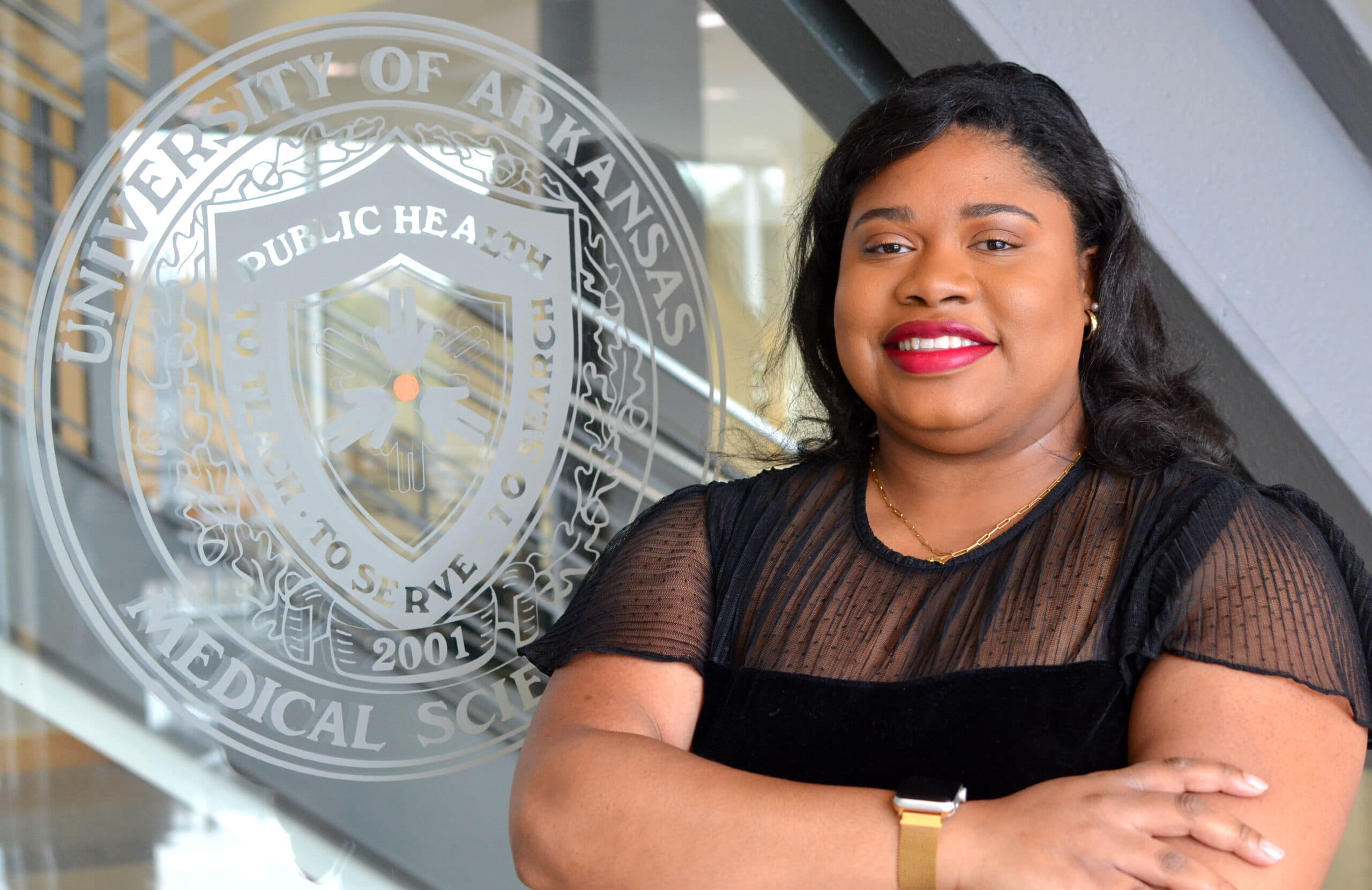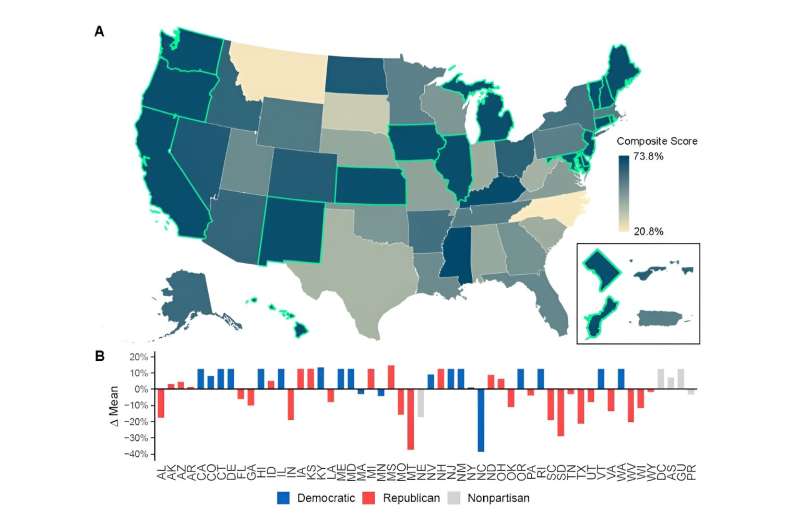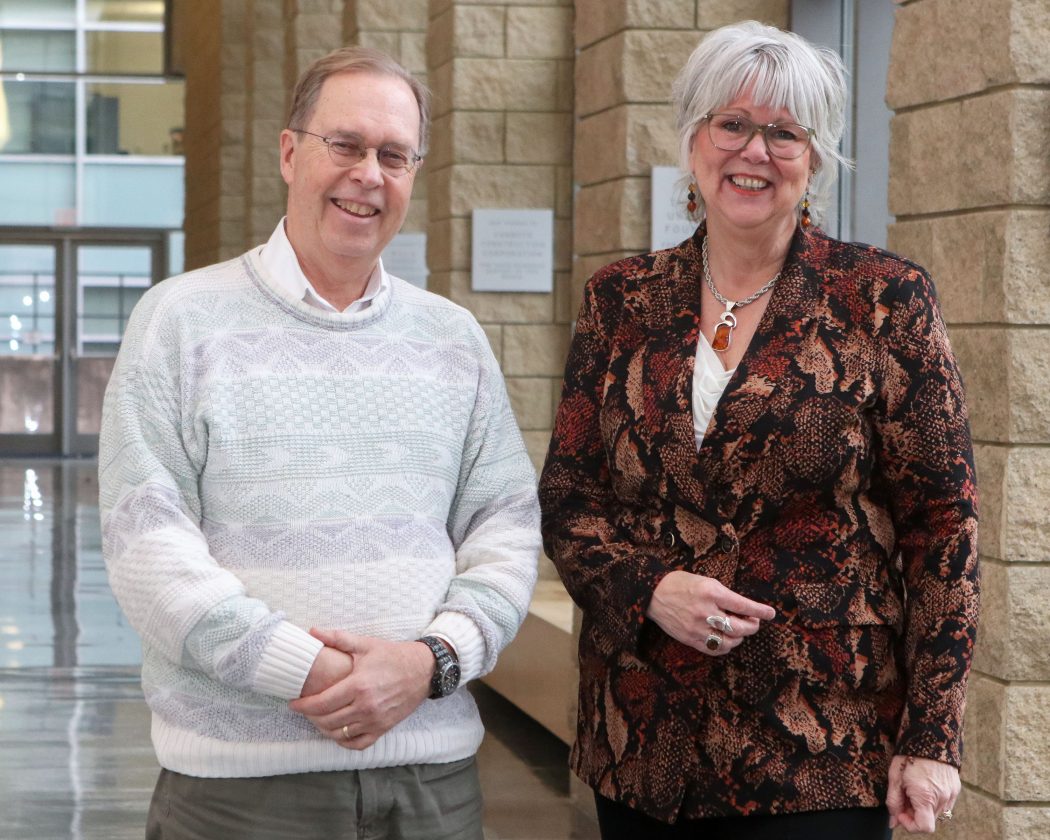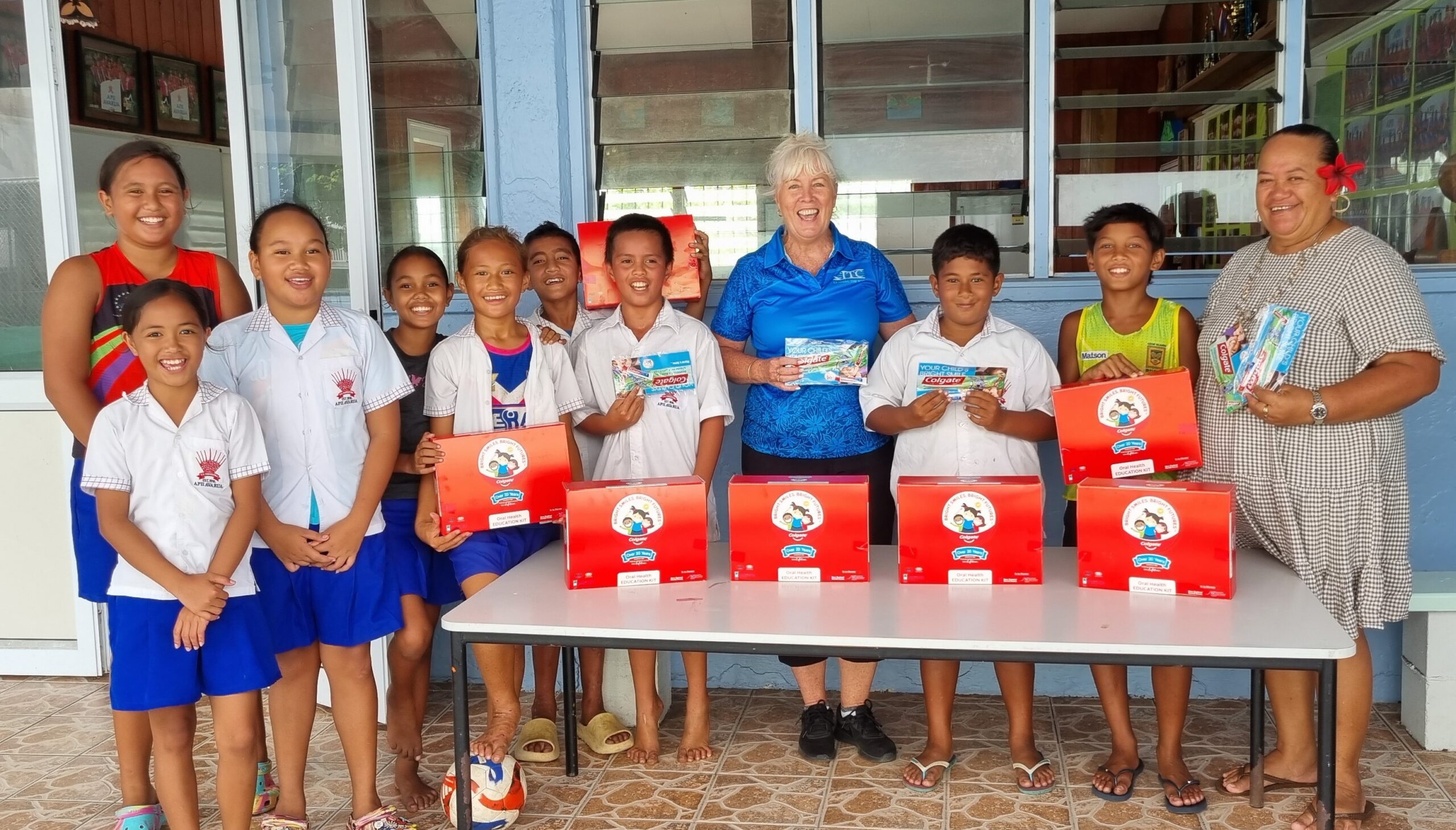Self-guided health and wellness resources can benefit college students.
RealPeopleGroup/E+/Getty Images
In a spring 2023 Student Voice survey from Inside Higher Ed and College Pulse, 49 percent of students rated their mental health as fair or poor. Over half (56 percent) of students reported having experienced chronic stress while in college, and three-quarters (74 percent) said stress was negatively impacting their ability to focus, learn and do well in school.
Despite college students having an overwhelming need for health support, not every student is able to find or be interested in scheduling an appointment with a counselor.
Data from telehealth provider TimelyCare found half of college students using the platform don’t engage with a provider; instead they engage with self-care resources or peer community resources. Of the million sessions on the platform in the past year, over 400,000 interactions have been with self-care content, says Bob Booth, TimelyCare’s chief care officer.
“They are very popular with students, signaling to us the need for additional on-ramps to care,” Booth adds.
So What?
Investing in mental health resources is not just a retention concern for institutions but also a recruitment strategy. Student responses to Inside Higher Ed




